A Spicy Journey Through the Mediterranean: Flavor, Tradition, and Tips for Every Home Chef
Table of Contents
Introduction to Mediterranean Spices
The Mediterranean region is a treasure trove of rich flavors, and its spices are at the heart of this culinary magic. From the sun-drenched coasts of Spain to the olive groves of Greece, the use of spices in Mediterranean cuisine is not just about taste—it's a tradition that has been passed down through generations.
These spices bring warmth, depth, and character to dishes, transforming simple ingredients into something truly extraordinary. Whether you're making a classic paella, a hearty tagine, or a fragrant hummus, the right blend of Mediterranean spices can elevate your cooking to new heights.
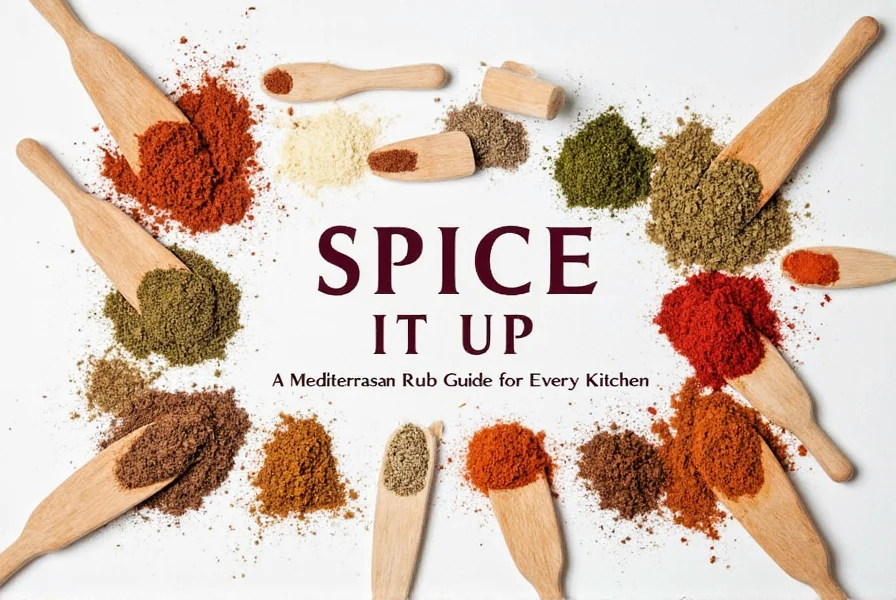
Top 10 Mediterranean Spices You Should Know
If you're looking to explore the world of Mediterranean spices, here are ten essential ones that every home chef should have on hand:
- Oregano: A staple in Italian and Greek cooking, oregano adds a robust, earthy flavor to sauces, salads, and grilled meats.
- Rosemary: Known for its pine-like aroma, rosemary is perfect for roasting vegetables, meats, and breads.
- Saffron: Often called the 'golden spice,' saffron is prized for its vibrant color and delicate floral flavor. It's essential in Spanish paella and Persian rice dishes.
- Cumin: Used widely in North African and Middle Eastern cuisines, cumin brings a warm, nutty flavor to stews, curries, and spice blends like za'atar.
- Cumin: Used widely in North African and Middle Eastern cuisines, cumin brings a warm, nutty flavor to stews, curries, and spice blends like za'atar.
- Sumac: This tangy, lemony spice is a key ingredient in Levantine cuisine. It’s great on salads, grilled meats, and dips.
- Coriander: The seeds of this herb add a citrusy, slightly sweet flavor to soups, stews, and meat dishes.
- Turmeric: With its bright yellow color and earthy taste, turmeric is used in both Indian and Mediterranean cooking, often in rice dishes and lentil soups.
- Paprika: A versatile spice with a mild, smoky flavor, paprika is used in everything from Spanish chorizo to Hungarian goulash.
- Za’atar: A mix of thyme, sumac, sesame seeds, and salt, za’atar is a popular seasoning in Middle Eastern kitchens, often used as a dip or rub.
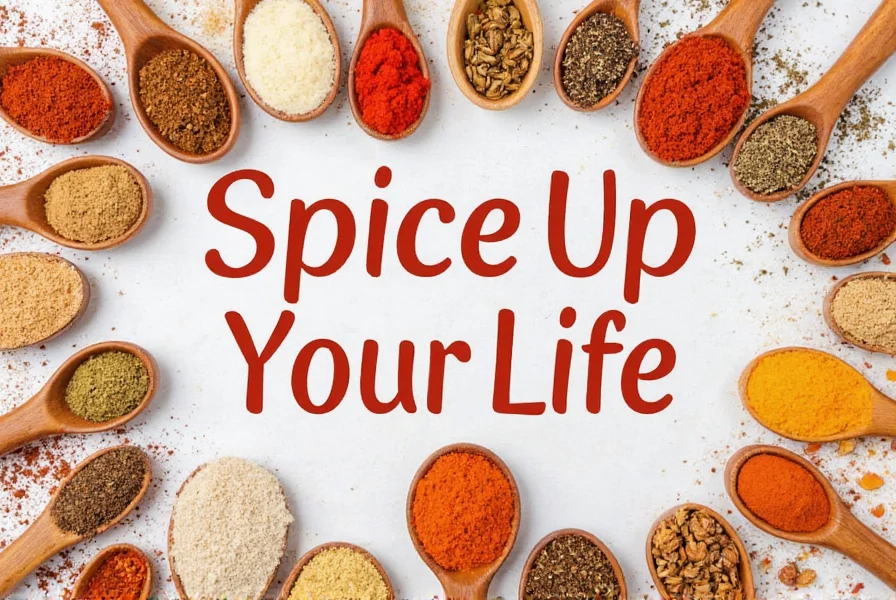
Cultural Insights: How Spices Shape Mediterranean Cuisine
Mediterranean spices are more than just flavor enhancers—they’re deeply rooted in the region’s history, culture, and traditions. Each spice tells a story of trade, migration, and local customs.
For example, saffron was once one of the most valuable spices in the world, traded along ancient routes that connected Europe, Asia, and Africa. Today, it remains a symbol of luxury and is used in some of the region’s most iconic dishes.
Similarly, cumin and coriander were among the first spices used by early civilizations, including the Egyptians and Mesopotamians. These spices traveled across the Silk Road, influencing the flavors of many cultures along the way.
In modern times, Mediterranean spices continue to play a vital role in everyday cooking. They bring people together, whether it's a family meal around the table or a celebration with friends. The use of these spices is a testament to the region's enduring love for food and flavor.
Practical Tips for Cooking with Mediterranean Spices
Whether you're a seasoned cook or just starting out, using Mediterranean spices can be a fun and rewarding experience. Here are some practical tips to help you get the most out of these flavorful ingredients:
- Start with small amounts: Spices are potent, so it's best to start with a little and adjust to taste. Remember, you can always add more, but you can't take it away.
- Use fresh spices: Freshly ground spices offer more flavor than pre-ground versions. Consider grinding your own cumin, coriander, or black pepper when possible.
- Pair wisely: Some spices work better together than others. For example, oregano and garlic go well in tomato-based sauces, while sumac and za’atar pair nicely with lamb or fish.
- Experiment with blends: Try creating your own spice blends by combining different Mediterranean spices. A mix of cumin, coriander, and paprika can make a great rub for grilled chicken or vegetables.
- Store properly: To maintain their potency, store spices in airtight containers away from heat and light. Whole spices tend to last longer than ground ones.
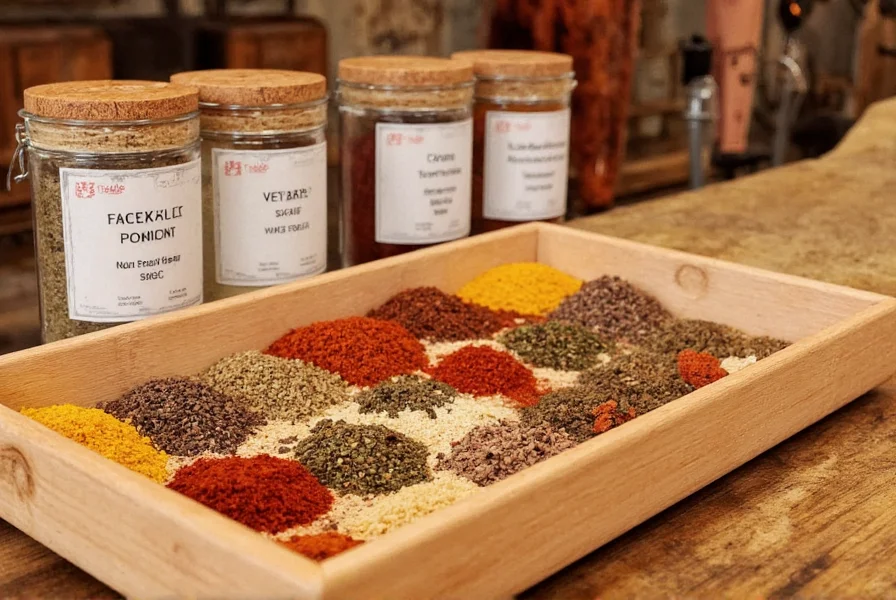
Buying Guide: Choosing the Best Mediterranean Spices
With so many options available, choosing the right Mediterranean spices can be overwhelming. Here’s a quick guide to help you find the best products for your kitchen:
| Spice | Features | Advantages | Use Cases | Target Audience | Suitable Occasions |
|---|---|---|---|---|---|
| Oregano | Dried leaves with a strong, pungent aroma | Enhances tomato-based dishes, pasta, and pizza | Italian and Greek recipes | Cooking enthusiasts, home chefs | Dinner parties, family meals |
| Saffron | Few threads with deep red color | Adds color and subtle flavor to rice and seafood dishes | Spanish paella, Persian rice, seafood stews | Gourmet cooks, special occasion planners | Holidays, celebrations, fine dining |
| Sumac | Tangy, lemony powder | Great for salads, grilled meats, and dips | Lebanese, Syrian, and Turkish cuisine | Chefs looking for bold flavors, health-conscious eaters | Lunches, casual dinners, snack time |
| Za’atar | Mix of herbs, seeds, and salt | Perfect for dipping, seasoning, and adding depth | Middle Eastern flatbreads, grilled meats, hummus | Culinary adventurers, spice lovers | Festive gatherings, weekend brunches |
| Cumin | Warm, nutty, and slightly bitter | Used in stews, curries, and spice blends | North African, Mexican, and Indian recipes | Cooking hobbyists, global cuisine enthusiasts |
When purchasing Mediterranean spices, look for reputable brands that prioritize quality and authenticity. Many specialty stores and online retailers offer organic and ethically sourced options. Don’t forget to check the expiration date—fresh spices will always deliver the best flavor.
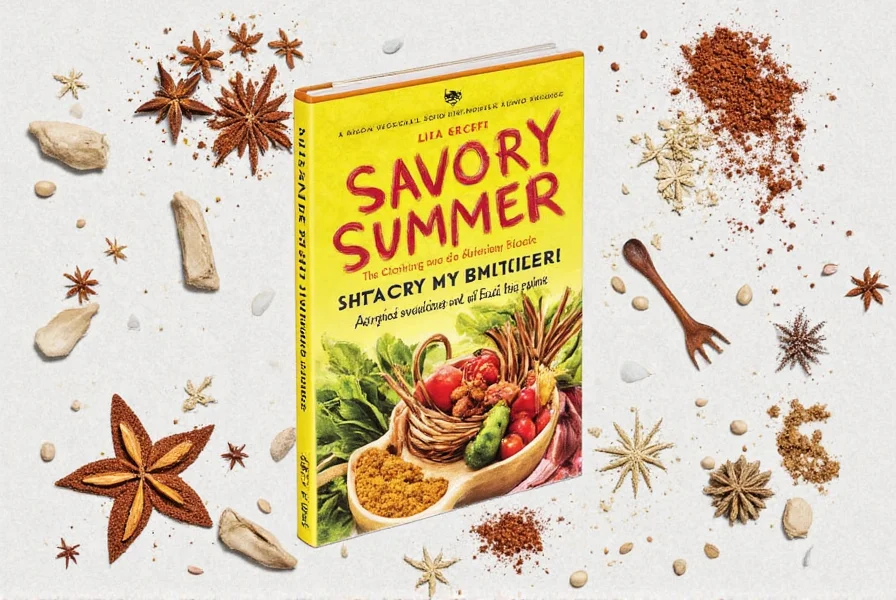
Conclusion
Mediterranean spices are more than just ingredients—they’re a gateway to a world of flavor, culture, and tradition. By incorporating these spices into your cooking, you can bring the essence of the Mediterranean into your kitchen, no matter where you are.
Whether you're experimenting with new recipes, exploring global cuisines, or simply looking to enhance your meals, Mediterranean spices offer endless possibilities. So why not start today? Grab a few jars of your favorite spices, and let your taste buds embark on a journey through the Mediterranean.
Remember, the best part of cooking with spices is the joy of discovery. So, don’t be afraid to try new combinations, and most importantly, enjoy the process!

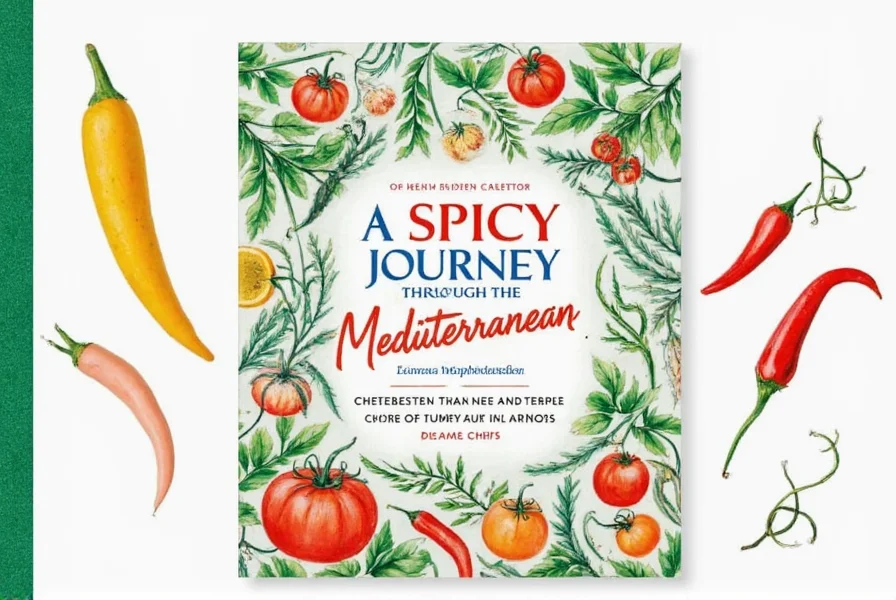









 浙公网安备
33010002000092号
浙公网安备
33010002000092号 浙B2-20120091-4
浙B2-20120091-4